Chinese electric car startup Nio is adjusting its strategy for global markets in response to geopolitical developments, CEO William Li told reporters Thursday.
The company will continue to prioritize China while maintaining its global ambitions. “Our approach will have some change,” Li said. On Wednesday, Nio launched its more affordable brand Onvo with a new L60 SUV, priced about $4,000 less than Tesla’s Model Y.
“For example, in Europe we previously used a direct sales method,” said Li, who founded Nio about 10 years ago. “But now we have Onvo, and then we will have Firefly, an even lower-priced entry-level brand. We can enter the global market, and in the process of doing so we will have some changes. We can look more for local partners.”
This strategy could involve local distribution or production, Li explained, describing the approach as “global capability, local operation.”
Initially, Nio had focused on the premium segment and began sales in parts of Europe. State-owned automaker GAC’s international department recently told that it would also adopt a more flexible approach, collaborating with local factories or making direct investments.
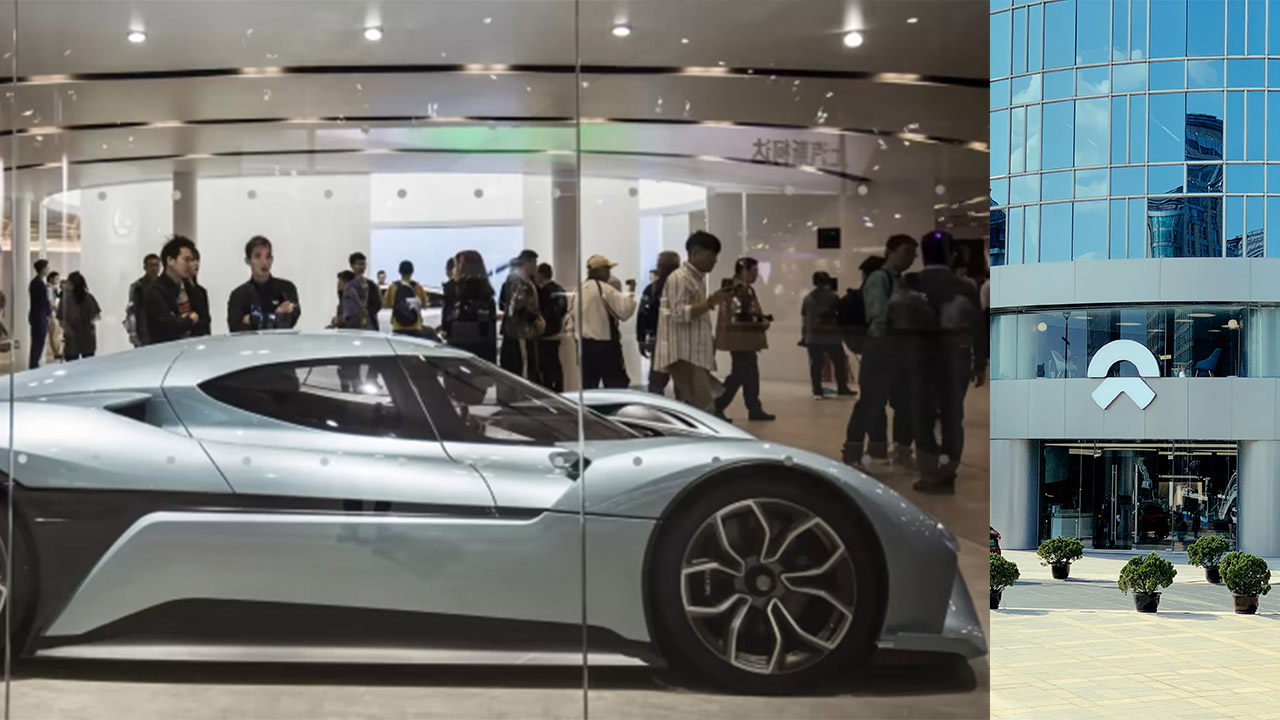
Similarly, BYD has expanded overseas by partnering with local distributors and building factories in specific markets. Li has not specified when Onvo-branded cars will begin sales outside China.
The Biden administration announced tariffs of 100% on imports of Chinese electric cars this week, while the European Union is considering similar measures. This comes amid escalating U.S.-China tensions, particularly over advanced semiconductors.
Li reiterated his view that the U.S. tariffs are “unreasonable,” especially given their impact on consumers and climate goals. He described Chinese tariffs on car imports as “reasonable” and said Nio has urged the Chinese government to eliminate tariffs on imports of new energy vehicles, which include hybrid and battery-powered cars.
New energy vehicle sales have surged in China, the world’s largest auto market, intensifying competition and leading companies like Tesla to cut prices.
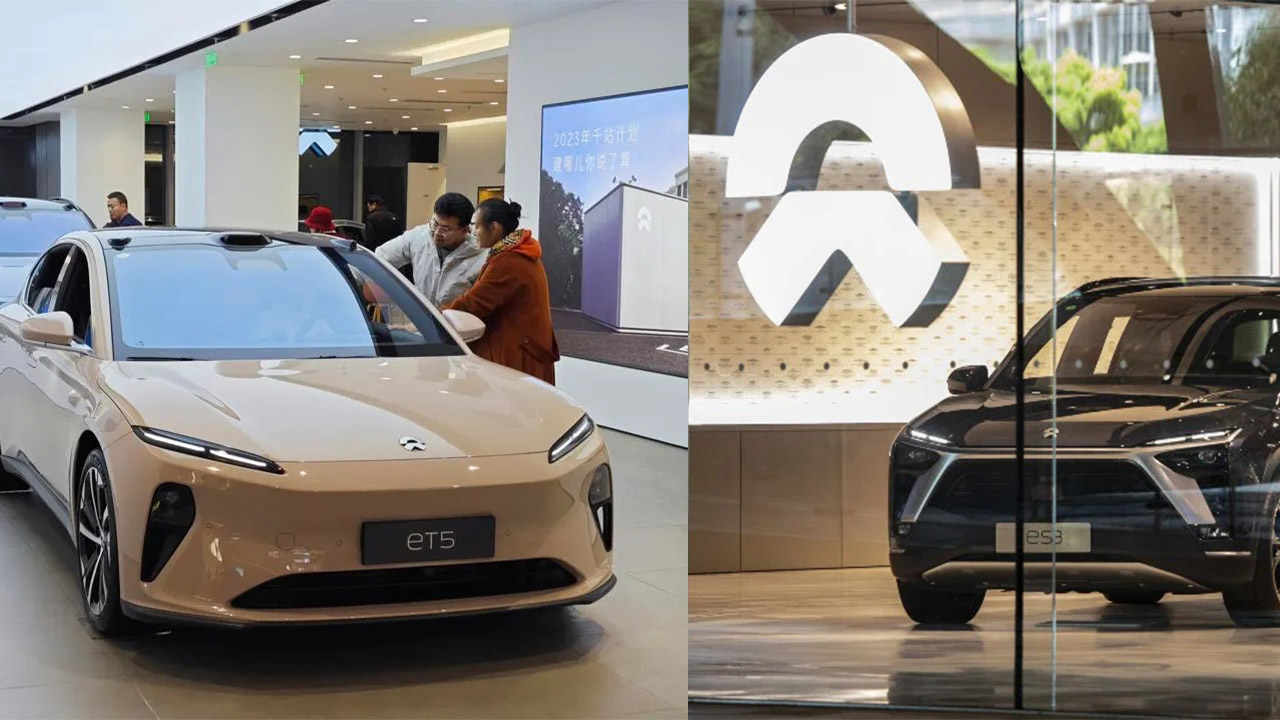
Li said Thursday he believes the peak of the price war has passed and anticipates about 10 automakers will exit the Chinese market, leaving around 20 to 30 players. He expects these survivors to include global automakers, domestic Chinese companies, and startups.
Li emphasized that Nio would focus on maintaining “stable” prices. For its lower-priced Onvo brand, Nio plans to release one new car model annually, including another SUV for larger families, set to begin deliveries next year.
Li estimated that if Onvo can sell about 20,000 units a month, it would positively impact Nio. The startup, listed in the U.S., has been operating at a loss.
Nio continues to invest in research, battery charging, and swap stations, and offers services like Nio House clubhouses, which are accessible for free to its premium brand users.
Onvo users, however, will not have access to Nio House but can use the parent company’s network of battery chargers and swap stations, Li said.
One of Nio’s strategies is to separate the sale of the car body from its power system. Customers can opt to pay less upfront for a vehicle and pay for battery services through a monthly subscription.
Onvo’s battery service subscription plan will be released in September, coinciding with the start of L60 deliveries.

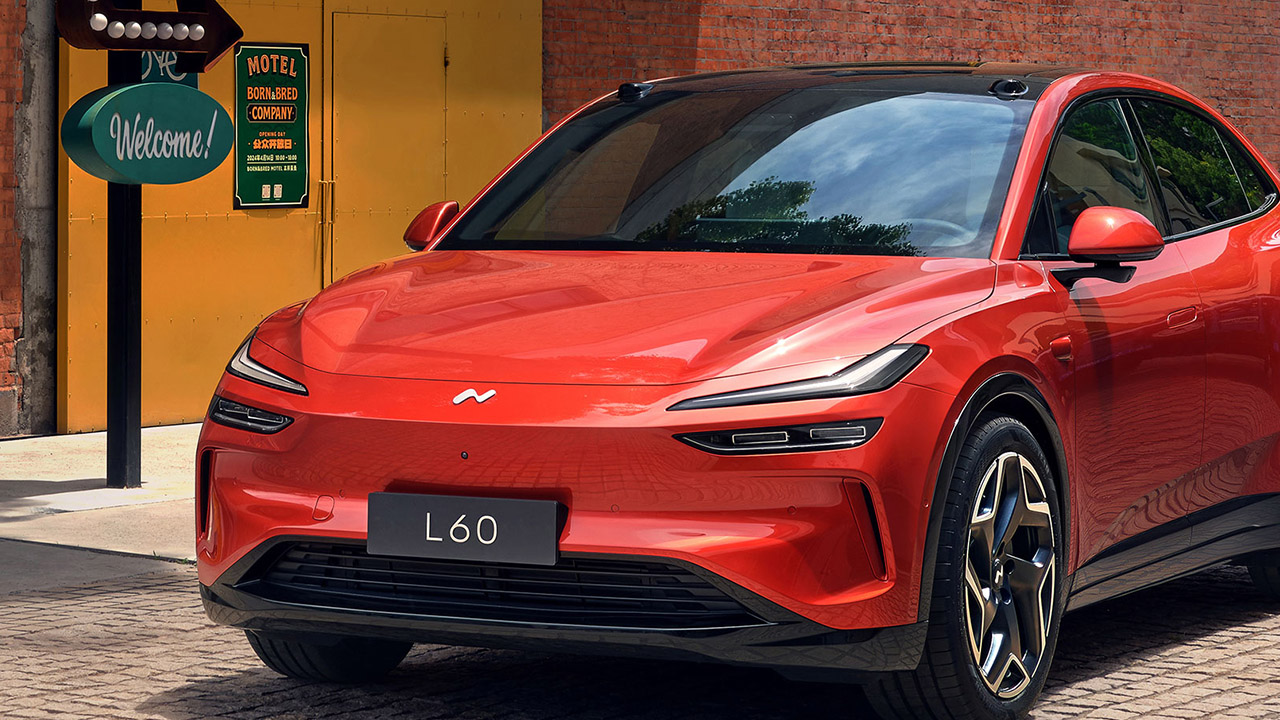
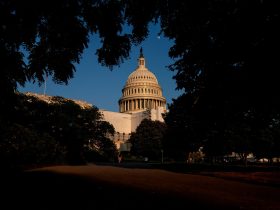
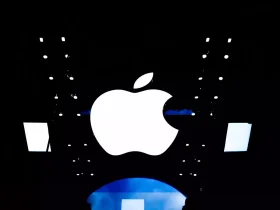

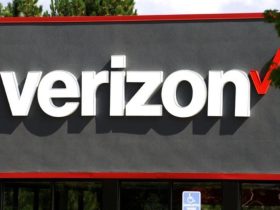

Leave a Reply